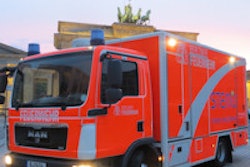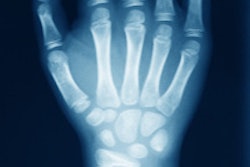Dear PACS Insider,
Speed means everything in trauma cases, so the quick and efficient transfer of images is a vital consideration for everybody involved in emergency care.
Researchers from Muenster, Germany, have conducted an in-depth study of how to improve the exchange of images between hospitals, and their findings are worth a close look. Click here to find out more.
In the U.K., the Royal College of Radiologists has published a new report about the proper use of peer feedback and how it can provide meaningful evidence on performance. As a result of an individual's review of discrepancies and adverse events, peer feedback can change professional practice and even job plans. Also, all radiology information systems must have a package that allows peer feedback on reports in a time-efficient fashion, the authors say. Get the details here.
The results of an important new teleradiology survey were presented at the recent French national radiological congress, the JFR. This research underlines how the real situation is very different from what some people have in mind. The plan is to extend the survey to the rest of Europe, and you can click here to learn more.
JFR is used by many PACS vendors to introduce products, and this year proved no exception. To read our article about medical displays unveiled during the meeting in Paris, click here.
Fully embrace the technology that can help improve communication between the radiologist, the referring physician, and the patient -- that was the advice of veteran radiologist Dr. Leonard Berlin, who spoke during this month's Management in Radiology conference. To find out more, click here.
This letter features only a few of the many articles posted in your PACS Digital Community. Please do check out the rest of our coverage below this message.



















